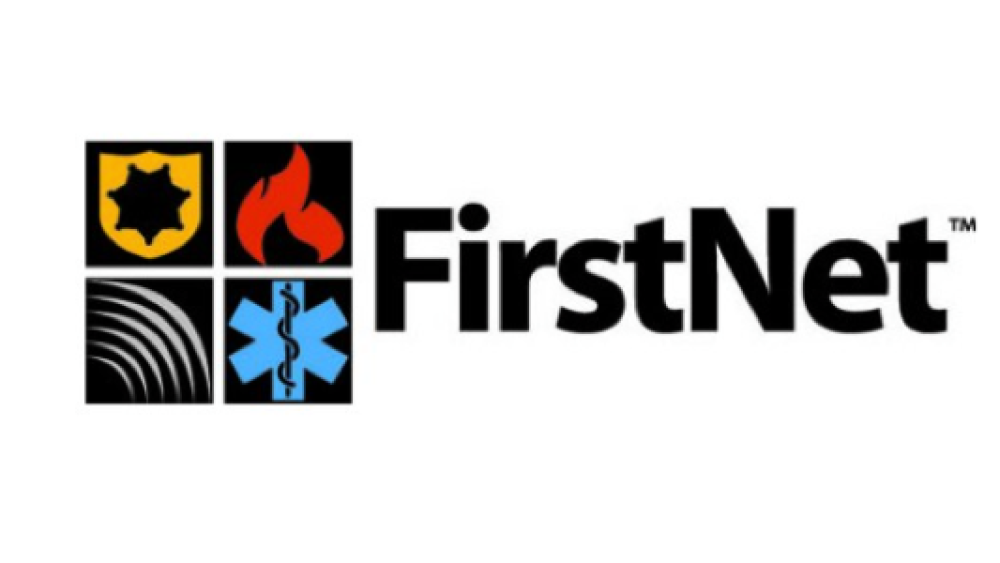By Robert Avsec
Not familiar with FirstNet? Chances are you’re not alone.
One of the most important priorities for public safety that emerged in the aftermath of 9/11 was creating an ensuring, robust and interoperable communications for our nation’s first responders. In 2012, Congress finally enacted legislation setting aside wireless spectrum and establishing FirstNet to oversee the building and operation of an interoperable broadband network dedicated to public safety.
It’s been four years and FirstNet is now evaluating responses to the request for proposals it released earlier this year. In that time, some have questioned whether FirstNet is even needed now that so many first responders use cell phones to supplement radio communications — a report in the September issue of The Atlantic was among the most critical, calling it the most wasteful post-9/11 initiative.
To gain another perspective on FirstNet, we turned to one of the fire service’s most renowned experts in the areas of telecommunication technology and interoperability, Fire Chief (Ret.) Charles Werner. Having served as the fire chief for Charlottesville, Va. for 10 years, Werner is nationally recognized for having his finger on the pulse of fire service telecommunications.
Since his retirement from Charlottesville, Werner has stayed actively involved in the progress of FirstNet — along with interoperability, NG-911, and other important public safety communications topics — as a senior advisor for the Virginia Department of Emergency Management.
What is FirstNet?The Middle Class Tax Relief and Job Creation Act of 2012 created the First Responder Network Authority, known as FirstNet as an independent entity within the National Telecommunications and Information Administration to provide emergency responders with the first nationwide, high-speed, broadband network dedicated to public safety. The legislation required FirstNet to establish a Public Safety Advisory Committee. FirstNet established this committee in February 2013 consisting of members representing all disciplines of public safety as well as state, territorial, tribal and local governments. PSAC also has at-large members and federal members. PSCA’s mission is to assist FirstNet in carrying out its duties and responsibilities. Specifically, the PSAC: • Offers FirstNet guidance, information and expertise from a public safety perspective to ensure that user needs, requirements and public safety operational capabilities are included in the network. • Provides expertise on policies, procedures, technologies and operational methods developed by FirstNet. • Advises FirstNet through the creation of initial documents, plans or reports related to the build-out, deployment and operation of a nationwide public safety broadband network. • Conducts regular meetings to remain informed on FirstNet’s progress. The FirstNet website is a good source for information for keeping up with its progress. One feature is an interactive map for the individual states and U.S. territories included in the project. By clicking on a state or territory, one can get an up-to-date project milestone snapshot that includes:
The FirstNet site also has multiple communication tools that the FirstNet board is using to keep the public safety community informed about implementation of FirstNet. Those tools include: a blog, news releases, digital and social media channels, and more. |
Fire Chief: What do you say to those who question the need for FirstNet?
Chief Werner: I’d say it’s important to remember that FirstNet is envisioned as a broadband network with future mission-critical voice capabilities. Today, the needs of our first responders go beyond voice communications. Whether it be firefighters, law enforcement or emergency response, the ability to transmit large amounts of data in real time is absolutely required to support public safety going forward.
As we speak, wildfires are raging out West. In these conditions, it’s vital that firefighters are able to share critical information, such as wind direction, fire progression maps and firefighter locations, in real time. And in urban areas, firefighters need in-the-field access to building plans that require high bandwidth. That’s not possible over land mobile radio systems, and first responders often don’t have coverage in remote areas or access to bandwidth on the commercial networks used to supplement private radio communications.
Finally, public safety agencies need to be able to reliably depend on their communications resources in times of emergency. That means they need true priority access over other users, and the network needs to be highly resilient. For all of these as well as other reasons, I believe that FirstNet is urgently needed, and is the only opportunity public safety has to get the kind of dedicated coverage and broadband access that our first responders need.
What would be your status report for FirstNet on the 15th anniversary of 9/11?
I would say that time is of the essence. Public safety is supporting this effort today because it’s more important than ever for us to have a broadband network dedicated to first responders. Just look at what’s happening around the country with civil unrest, flooding, domestic terror attacks and wildfires — in all of these situations, our ability to share information in real time can save lives.
FirstNet has the opportunity to provide wireless spectrum on a first-of-its-kind, dedicated public-safety-grade network. This is something that we don’t have today, and is really the only way to ensure that our first responders have true priority access to wireless resources over commercial customers.
What progress do you expect to see after the contract is awarded?
First of all, I’m very optimistic that with the strong leadership from FirstNet we’re going to see rapid progress post award. All indications are that they’re on track for a contract award later this year. Once that contract is awarded, FirstNet and their partner will finalize state plans in consultation with state governments and local public safety leaders.
States will have the option to opt in, so it will be really important that public safety agencies clearly understand the process as well as the benefits of the network. One of the most compelling aspects of this undertaking from my perspective is that local public safety agencies will have the opportunity to influence features and functionality of the network that are critical to doing their jobs more effectively, like defining coverage and priority access designations.
What does FirstNet need to be able to do to be successful?
Well, first and foremost, FirstNet needs to make sure that the states have the most complete information on the process and the benefits the network will deliver so that they’re eager to come on board and participate.
In addition, FirstNet and its partner need to make sure that the network is designed and built to meet the unique challenges that firefighters and other first responders routinely face. In many rescue situations, firefighters are often going in blind, unable to see clearly due to smoke, fire and/or debris.
So communication has become one of the most critical components to ensuring first responder success and firefighter safety. When deployed, the network must allow firefighters to stay in constant contact with their incident commander as well as their partners and provide them with enhanced coverage and improved situational awareness.
Ultimately, because this is a 25-year project, this network needs to be responsive to the current needs of public safety and also have the flexibility to evolve to support future applications and technologies.
Who needs it the most?
It would be hard to single out one discipline in the public safety community as having more of a need for FirstNet than another. All of our first responders need and deserve this dedicated network to enhance access to and reliability of broadband communications.
That being said, a top priority of FirstNet should be to address communications needs in rural and remote areas. Whether wildfires, hurricanes or man-made disasters, they can happen anywhere and many of our rural communities don’t have access to adequate commercial service today. Bringing a dedicated broadband network to the first responders in these communities will save lives.
Where do you see FirstNet five years from that award date?
FirstNet has committed to working with their selected partner to complete network build-out in five years. I, for one, hope the states and the public safety community will rally to support them and make this vision a reality.













